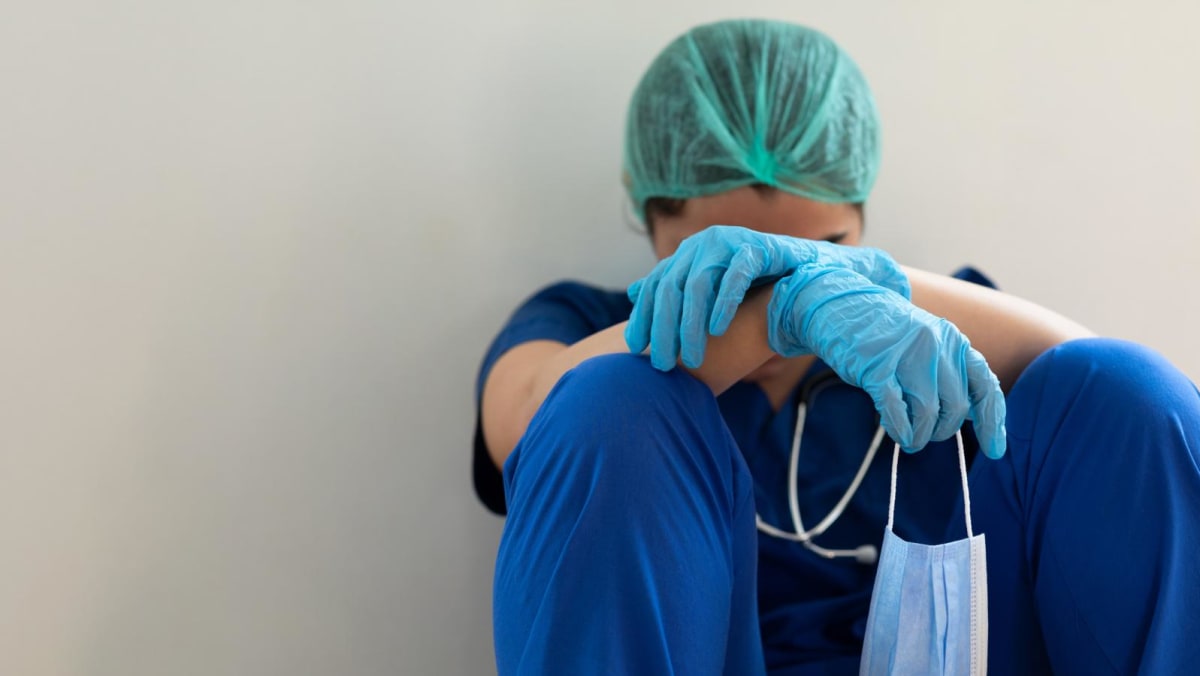
WHAT THE FRAMEWORK ENTAILS
With the adoption of the framework, healthcare workers can take immediate action to protect themselves and others from harm, such as by “firmly telling the perpetrator to stop their abusive behaviour or activating security personnel”.
Every public healthcare institution will have a staff protection function, such as a team, to oversee proper and fair reviews of reported abuse and harassment incidents.
“Necessary physical and wellness support will also be provided for staff who are victims of abuse and harassment,” said MOH.
In addition, healthcare institutions will have the autonomy to take action against perpetrators. This includes discharging abusive patients who are assessed to not require urgent medical care, issuing warnings, removing abusers from the premises, and refusing unreasonable requests outside of the healthcare workers’ job scope.
Repeat offenders will have their behaviour documented in their medical records, MOH said.
The ministry added that other healthcare institutions, such as community care organisations, private hospitals and clinics, are also encouraged to support the zero-tolerance policy and adapt the guidelines for their work environment.
Professor Philip Choo, group chief executive officer of the National Healthcare Group, said: “We recognise that the vast majority of people we serve are respectful to our healthcare workers and the work that we do.
“However, we cannot allow the behaviour of a minority of individuals to wear down the morale of our staff and make it difficult for them to provide high standards of care.”
He added that staff protection teams will be set up at all of the healthcare group’s institutions and that training efforts will be stepped up to help employees learn how to manage incidents of workplace abuse and harassment.
For the National University Health System, there are existing protocols and a staff protection programme, including education, training, and a case escalation process, said chief executive Professor Yeoh Khay Guan.
“Staff are encouraged to report incidents and support one another, with consequences for abusive patients and visitors,” he added.
Group CEO of SingHealth, Professor Ivy Ng, said it “fully supports” the framework and implementation guide by the tripartite workgroup.
“We take a zero-tolerance stance towards the abuse and harassment of our staff, and will not hesitate to take necessary actions in reporting and standing up against such behaviour,” she added.

